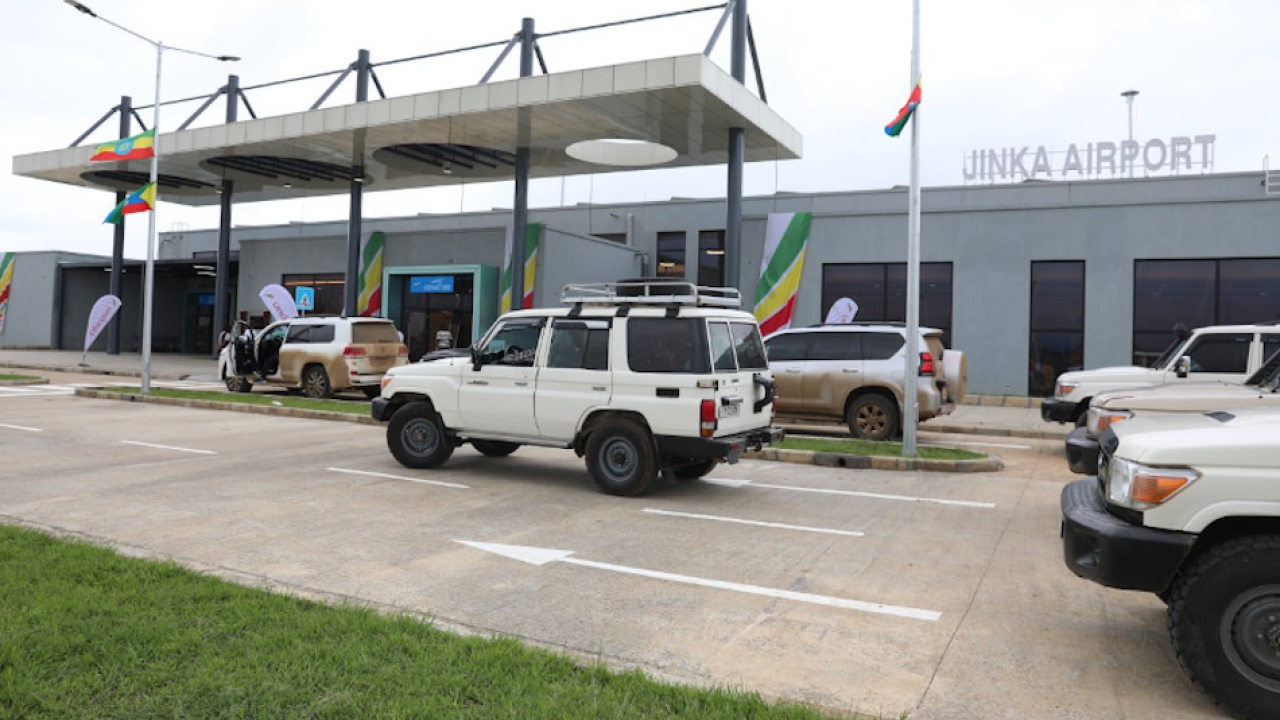Libya appoints ENAV for Mitiga Airport works

In a statement released on April 1, the company said the new facilities will be equipped to provide all air navigation services and ensure the full operation and safety of the airport. The $5.5 million contract is expected to be completed by the end of this year.
"With the construction of the new control tower, Libya will benefit from the highest level of efficiency and safety of flight operations. During the construction of the new facilities, Enav will temporarily supply the airport with an advanced mobile control tower equipped with state-of-the-art technology and work-stations, which will allow air traffic controllers and technical staff to perform their activity in the best possible conditions," the company said.
Enav Chief Executive Officer Roberta Neri said the contract was a result of solid cooperation between Libyan and Italian government institutions led by the Italian Ministry of Foreign Affairs and International Cooperation.
He described Libya as an area of strategic importance which goes beyond the economic value of the contract.
"The southern zone of the Italian airspace borders on the Libyan airspace, which is currently a no-fly zone. Encouraging the
development of air transport and flights between Libya and Europe will allow us to increase the traffic flows, thanks to the reinstatement of the routes that used to cross the Italian airspace before the no-fly zone over Libya was put in place," Neri said.
In terms of a strategic agreement signed in October 2016 for the development of air navigation services, Enav has started training 60 Libyan air traffic controllers who will run the MIA after years of a no-fly zone over Libya.
Presently, MIA handles international and domestic flights which were diverted from Tripoli International Airport, which was largely destroyed during the revolution that ousted long-time leader Muammar Gaddafi in 2011.
Stay up to date
Subscribe to the free Times Aerospace newsletter and receive the latest content every week. We'll never share your email address.

